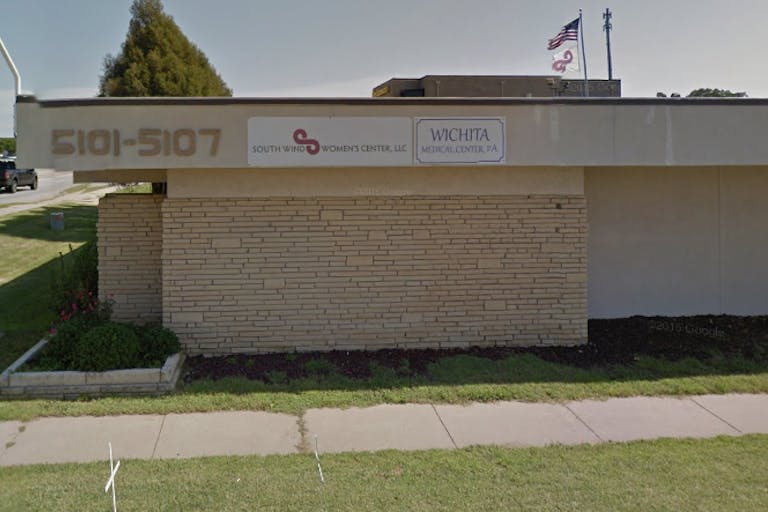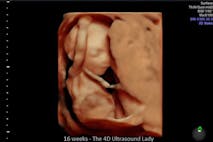
California law mandating IVF coverage takes effect
Angeline Tan
·
Disabled pro-life activist reportedly arrested for attempting to stop sign from being stolen
On Wednesday, 73-year-old pro-life activist David E. Schmidt was arrested outside a Wichita abortion facility.
According to Operation Rescue, Schmidt, who is “99% blind,” had reportedly been holding a sign outside the clinic near another of his signs, which was tied to a chair. Eyewitness Joseph Elmore described the events that followed: a security guard for the abortion facility, John Rayburn, approached Schmidt and reportedly began to remove the sign tied to the chair. Schmidt objected, a physical altercation allegedly ensued, and Schmidt was arrested and charged with battery.
In an attempt to gather information about the arrest and to “smooth over” relations with police, Operation Rescue’s Cheryl Sullenger reportedly called Sgt. James Krok. According to Sullenger, Krok was hostile, interrupting her repeatedly and eventually hanging up on her.
“We want to have good relations with the police, and my call was an effort to build a bridge, but Sgt. Krok only returned my efforts with rudeness. You would think in this day and age that police would be grateful to those who reach out to them,” said Sullenger.
According to Operation Rescue, Sgt. Krok became angry when Sullenger asked under what authority Rayburn had the right to remove Schmidt’s sign.
“In my opinion, the security guard tried to take the law into his own hands by confiscating the sign,” said Sullenger. “It was a provocative act meant to get a reaction from the pro-lifers. The police pandering to the abortion business only inflamed the matter.”
Reports of the arrest leave at least three important questions to be answered:
Did Schmidt break the law by displaying a sign tied to a nearby chair? (A local ordinance prohibits signs from being left unattended.)
Even if the law was broken, did Rayburn have the right to forcibly remove the sign?
What exactly occurred in terms of the physical altercation between the security guard and the disabled activist?
Until these questions are answered, it is difficult to determine the exact nature of the problem. However, as Sullenger asserted, “We hope that cooler heads will prevail and that relations between pro-life activists and police can improve. But that will take effort on their side, as well as ours.”
Live Action News is pro-life news and commentary from a pro-life perspective.
Contact editor@liveaction.org for questions, corrections, or if you are seeking permission to reprint any Live Action News content.
Guest Articles: To submit a guest article to Live Action News, email editor@liveaction.org with an attached Word document of 800-1000 words. Please also attach any photos relevant to your submission if applicable. If your submission is accepted for publication, you will be notified within three weeks. Guest articles are not compensated (see our Open License Agreement). Thank you for your interest in Live Action News!

Angeline Tan
·
Politics
Angeline Tan
·
Politics
Nancy Flanders
·
Human Interest
Nancy Flanders
·
International
Angeline Tan
·
Human Interest
Isabella Childs
·
Issues
Danny David
·
Issues
Danny David
·
Newsbreak
Danny David
·
Newsbreak
Danny David
·
Human Interest
Danny David
·